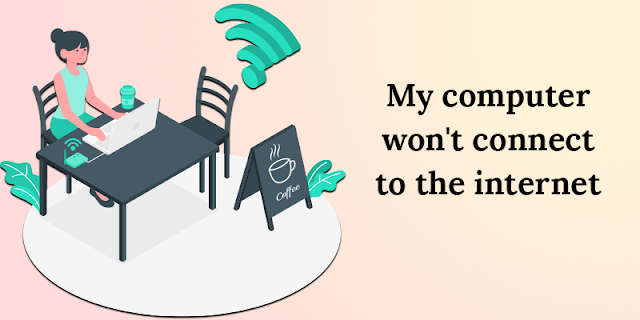Why is my computer running slow?
Hold on, fellow tech-savvy person! Before you throw your slow laptop against the wall, call TechDrive support right away. They can help you figure out what's wrong with your computer. We've all experienced that annoying lag, the slow loading times, and the apps that take years to respond. Don't worry, though; this blog has the answer to getting your digital horse back to its former glory!
Most Likely Suspects:
1. Resource Hogs: Picture balancing ten balls at the same time. That's how your computer feels when there are too many programs running at the same time. Each program uses up memory (RAM) and processing power (CPU) quickly, making it difficult for your system to keep up. To find the bad guys, look in your Task Manager (Windows) or Activity Monitor (Mac). Close any idle programs, and turn off any startup programs that you don't need.
2. Storage Suffocation: Picture your hard drive as an over-full attic. It gets tougher to find things as you add more files. If your disk is almost full, it can slow down your computer a lot. Get more space by getting rid of files you don't need, old software, and moving big files to external storage.
3. Software Gremlins: Performance gremlins can happen when software updates or programs that don't work together do something wrong. You might want to undo recent updates or get rid of software that seems fishy. If all else fails, you can always install Windows from scratch, but don't forget to back up your data first!
4. Dust Bunnies and Thermal Throttling: Your computer can get hot, just like any man who works hard. Vents can get clogged with dust, which can stop air from moving and make temperatures rise. Too much heat causes "thermal throttling," which means that your CPU slows down to protect itself from damage. Open up your laptop or desktop and use compressed air to clean it really well.
More advanced moves:
1. Memory is Important: If your RAM is always full, you might want to get a bigger one. This can make multitasking and overall performance a lot better.
2. The SSD Swap: Putting in a solid-state drive (SSD) instead of a traditional hard drive can make a huge difference. SSDs have much faster read and write speeds, which makes the whole experience smoother and speeds up boot times and app launches.
3. The Driver Dilemma: Out-of-date or damaged drivers can also result in performance issues. Keep the drivers for your graphics card, chipset, and other important parts up to date.
Remember: Maintenance should be done regularly! You can speed up your computer and keep it from slowing down by checking for malware, defragging your hard drive (for traditional HDDs), and optimizing your operating system.
The TechDrive Support Corps:
Don't worry if you're still having trouble after trying these tips. The TechDrive support horse is ready to go and figure out what's wrong. We can help you with all of your computer problems, from fixing problems with software to upgrading hardware. Use these tips to bring out your inner tech warrior and get your computer running quickly again!


.jpg)

Comments
Post a Comment